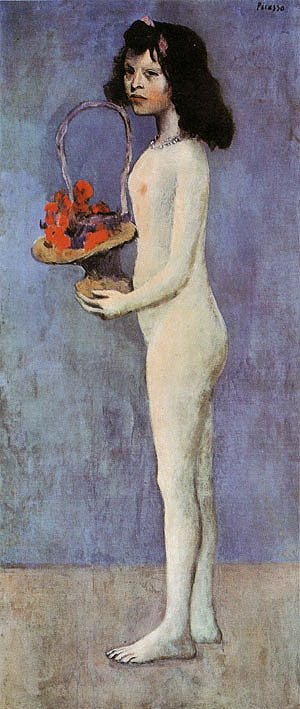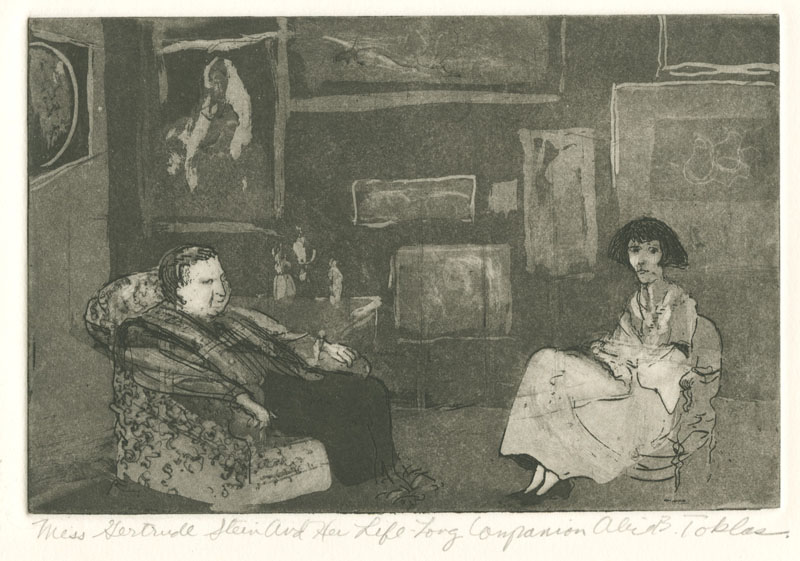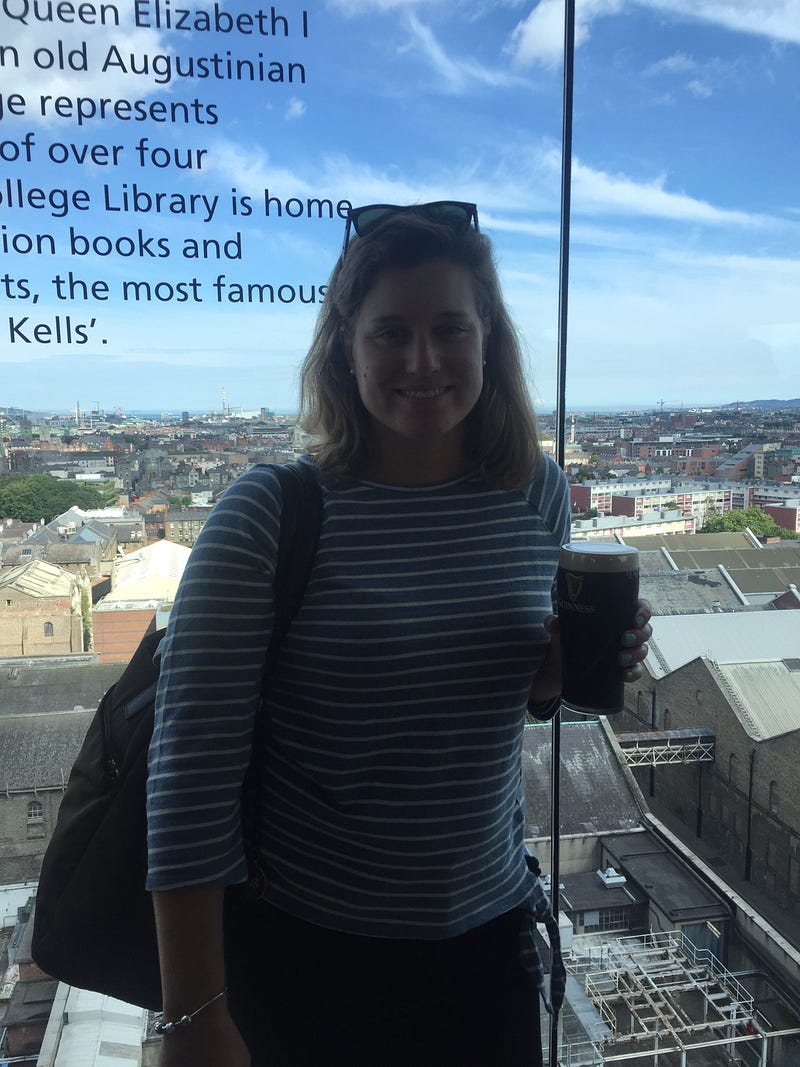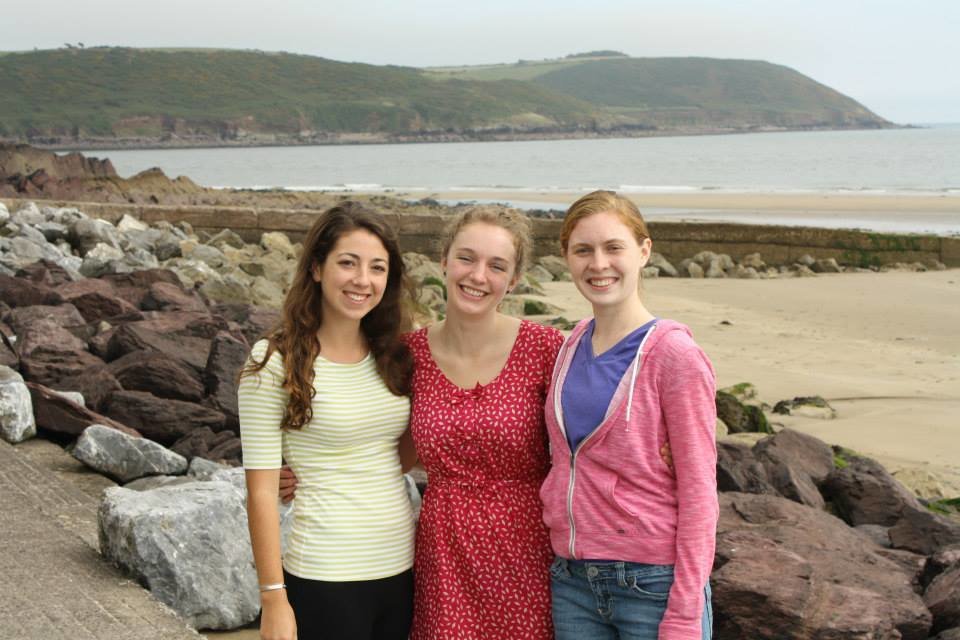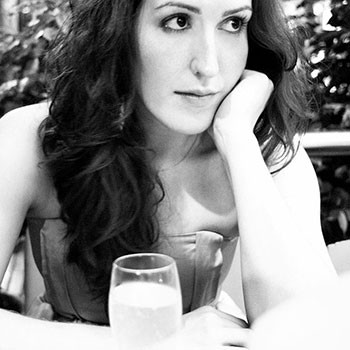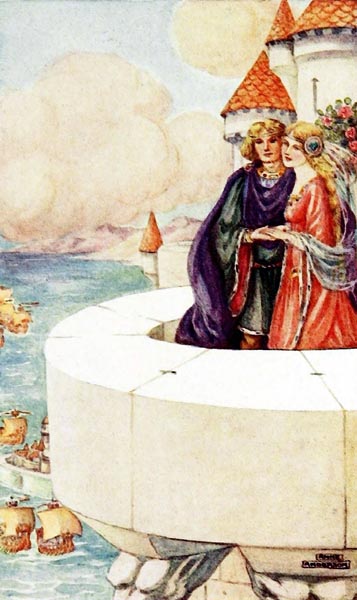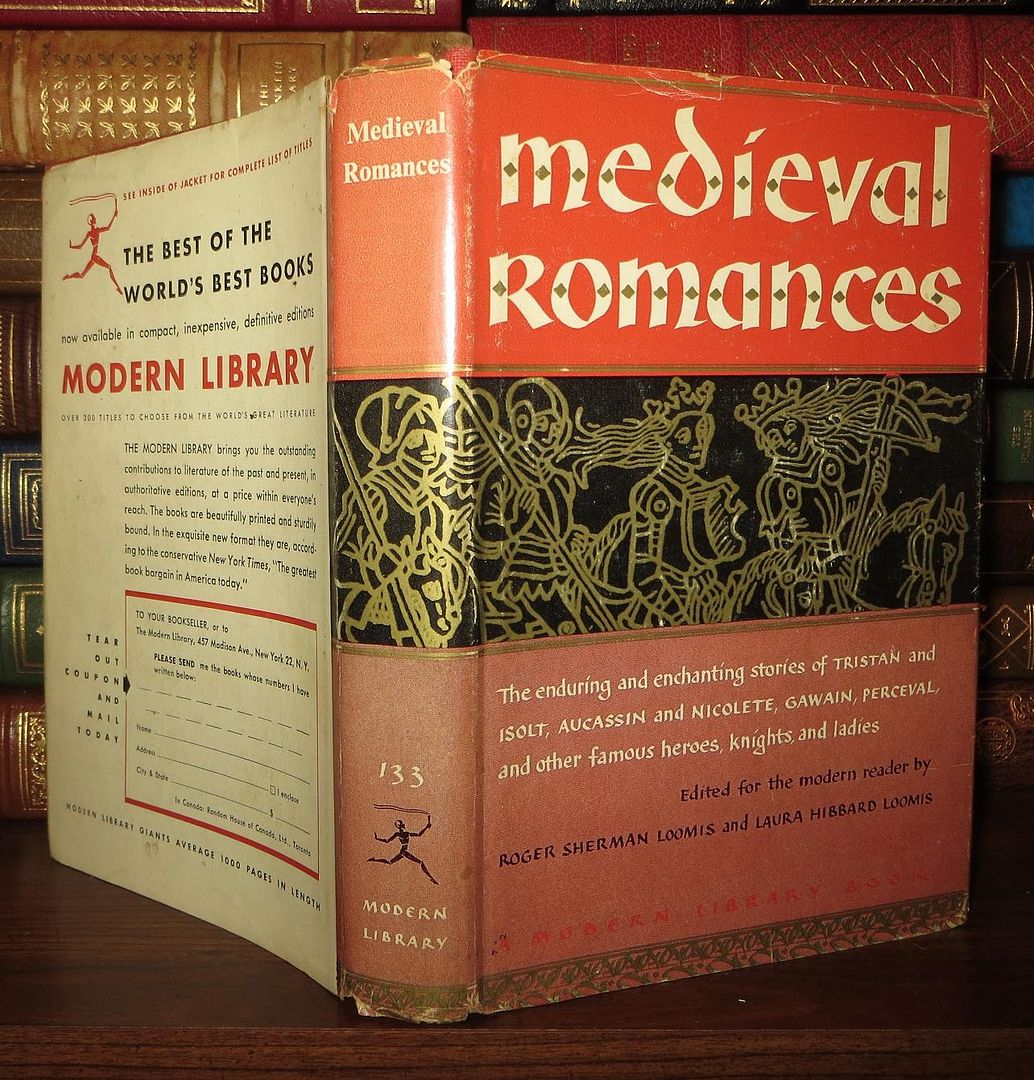Perhaps the most celebrated Americans in Paris book of them all, by the middle I was staying up late consuming baguettes and wine by the light of the stub of a candle babbling to my imaginary brilliant friends with even more fervency than usual. I enjoyed it very much, and was very into it. It is written as if it were a more or less true account of the lives of Gertrude Stein and Alice B Toklas. Evidently considerable portions of the book are not "true" or have been greatly embellished or whitewashed, though whether this is done to the point of being problematic I am not convinced. The point of literary and artistic production, which some people in our time seem to have forgotten, is to capture and fuse the all too fleeting highlights into an elevated sense of life, which is certainly accomplished here. Once I happened by accident to acquire an earlier draft of Boswell's Journey to the Hebrides that had been printed for the use of scholars and other curious parties. While it probably gave a more accurate sense of what the journey was really like on a day in, day out basis, it naturally lacked the high spirit and beauty of the published book that is what is of main interest to readers. Naturally a similar magic of time and place and character pervades this book as well.
I made a lot of notes on this book. Between the epigrammatic style and the characteristic anecdotes of many of the Notable and Great there is much material of the highest interest to me. So this will be a long posting.
As I moved through this I had occasion to do some internet searches about Gertrude Stein and other personages from the book, and I noted that a lot of the biographical sources pointedly identify her as a "Jewish-American writer". Once I saw that it struck me that of course she was, but I had had no conscience sense of it in reading the book because she never makes any reference to herself, or her parents or siblings or other relatives, as being Jewish or doing anything that might be considered explicitly characteristic of a Jewish identity. The only appearance of the word "Jew" in the book comes when Gertrude Stein remarks that a visitor to the house whose appearance she did not like "looks like a Jew", to which her interlocutor (Alfy Maurer, described as "an old habitué of the house") replies "he is worse than that," after which the matter is dropped.
The famous line(s) about Gertrude Stein conversing with the geniuses while Alice talked to the wives. There don't seem to have been any other women geniuses apart of course from Gertrude Stein.
p. 27 "Van Dongen (a painter) in these days was poor, he had a dutch wife who was a vegetarian and they lived on spinach. Van Dongen frequently escaped from the spinach to a joint in Montmartre
where the girls paid for his dinner and his drinks." I have to admit, I love the idea of this kind of life, absent the poverty. But if one has to be poor, Montmartre circa 1905 seems like the way to go.
p. 27 again, on a woman visitor to the house in these early years (Evelyn Thaw, "the heroine of the moment": "She was so blonde, so pale, so nothing, and Fernande (Picasso's live in companion at the time) would give a heavy sigh of admiration." I love that "so nothing" (!)
I had never heard the story about the infuriated public trying to scratch off the paint at one of Matisse's early exhibitions. That's insane.
p. 35 "In those days (we are still in the 1903-1907 chapter. I will note when we move on in time.) you were always going up stairs and down stairs."
I suppose I should say something about the techniques of a) writing another person's autobiography and/or b) writing your own autobiography in the guise of another person. It is done really well here and works beguilingly. As a class of reader who favors execution over novelty, I would love to read other books after the same pattern if they were done as well.
p. 49 My note--We can skip Picasso on Americans. We won't learn anything.
p. 50 Or maybe not. "There was a type of american art student, male, that used very much to afflict him, he used to say no it is not her who will make the future glory of America."
p. 52 "Baltimore is famous for the delicate sensibilities and conscientiousness of its inhabitants." I had never heard nor noticed this. One's instinct is to take it as dated information, but I am slowly coming around to the belief that if you dig deep enough there is no dated information.
p. 60 Still in the 1903-1907 chapter, but a good observation looking somewhat ahead, to the future death of the poet and bon vivant Guillaume Apollinaire: "It was the moment just after the war when many things had changed and people naturally fell apart." The breakup over time of this great prewar Montmartre-based circle of young artistic people with Picasso at the center is one of the more poignant partts of the book, though the twin (narrative) excitements of World War I followed by the emergence of a second group of youthful artists in the 20s mitigates some of the effect of contemplating the fleetingness of almost all really meaningful social intercourse.
p. 77 "Because Picasso is a spaniard and life is tragic and bitter and unhappy."
Now I am in the section "Gertrude Stein Before She Came to Paris". In the part where she talks about having been William James's favorite student in her college years I noted "real genius finds its like." Now I suspect this relationship may perhaps be one of the parts of the book that may been embellished, slightly or otherwise. A little embellishment of this sort does not really bother me if it improves the book.
That chapter was short, and I'm in the 1907-1914 chapter, which is probably the central one in the book.
p. 88 "Gertrude Stein insisted that no one could go to Assisi except on foot." I could still get to Assisi someday I suppose, though it isn't easy to see when that might happen, or what other options might pull me in a different direction if I ever do go anywhere again.
p. 91 "I always remember Picasso saying disgustedly apropos some germans who said they liked bull-fights, they would, he said angrily, they like bloodshed. To a spaniard it is not bloodshed, it is ritual." Ritual is deep and meaningful. People who don't have it are lacking in understanding.
p. 107 A very beautiful passage about the aftermath of a Montmartre party: "It was all very peaceful and about three o'clock in the morning we all went into the atelier where Salmon had been deposited and where we had left our hats and coats to get them to go home. There on the couch lay Salmon peacefully sleeping and surrounding him, half chewed, were a box of matches, a petit bleu and my yellow fantaisie. Imagine my feelings even at three o'clock in the morning. However, Salmon woke up very charming and very polite and we all went out into the street together. All of a sudden with a wild yell Salmon rushed down the hill." For some reason it was this particular memory that inspired me to write "I am dead inside" beside it in the margin.
Great photo of the celebrated duo at home.
p. 111 "I could perfectly understand Fernande's liking for Eve. As I said Fernande's great heroine was Evelyn Thaw, small and negative." I laughed.
p. 112 "And so Picasso left Montmartre never to return." Extremely poignant. The great spirit's time among this scene at least has passed.
p. 125 After the Italian futurists' big Paris show. "Jacques-Emile Blanche was terribly upset by it. We found him wandering tremblingly in the garden of the Tuileries and he said, it looks alright but is it. No it isn't, said Gertrude Stein. You do me good, said Jacques-Emile Blanche."
Now I've advanced to the chapter titled "The War." Whenever the opening scenes in the summer of 1914 appear in a novel written by someone with firsthand reminiscence of the time, whether in Russia, or France, or Austria, or anywhere else, it is always good, and always serves as a jolt to the book. The emotional upheaval of that initial embarking into war was obviously incredible, and one of the defining periods in the lives of everyone who lived through it.
p. 172 More name-dropping, as Picasso is hanging with the young Jean Cocteau! with whom he was heading to Italy. "One day Picasso came in and with him and leaning on his shoulder was a slim elegant youth." Oh yes. "Everybody was at the war, life in Montparnasse was not very gay...he too (Picasso) needed a change." Picasso and Cocteau would spend a lot of time together over the next 50 years, even appearing on celluloid together in Cocteau's 1960 film Orpheus Descending, which I was immediately recalled to when I came on this paragraph.
p. 187 (Driving through the north of France at the end of the war in the service of the American Fund For French Wounded) "Soon we came to the battle-fields and the lines of trenches for both sides. To anyone who did not see it as it was then it is impossible to imagine it. It was not terrifying it was strange." For what it's worth. Stein and Toklas, who lived until 1946 and 1967 respectively, also waited out World War II in France, though they moved out of Paris to the Auvergne-Rhone-Alpes region for the duration. Their friend Bernard Fay, who appears in the latter part of this book, became a high ranking official in the Vichy regime and seems to have arranged for the safety both of their persons and of Stein's art collection. In both written works and interviews that it doesn't seem to have been necessary to have made (she could have returned to America, at least before the occupation set in, for example) Stein made some incredibly naïve, tone-deaf, obtuse statements in praise of the collaborationist government. Considering all of this, her reputation doesn't seem to have taken that much of a hit, in that I think it's still considered O.K. to read about her and her scene in the happier times. Perhaps because she was a woman, and Jewish as well, her conduct during this period has been to some extent excused (on account of) her (being) comparatively powerless and not really understanding what was going on? Though given the resources she had access to, her American citizenship, and her fame in international high culture circles, I can't consider her to be that powerless. Maybe people feel that it doesn't matter, or that she really was a unique sort of genius and cannot be expected to experience moral crises and the like the same way that other people do. Picasso stayed in Paris during the occupation, which I had not realized, though he seems to have lain low and not exhibited any paintings during those years. Anecdotes on Wikipedia indicate that there was antagonism between him and the Germans. Of course everyone is in a different position relative to danger/power, etc in such times of turmoil, yet if we would be good we are expected to hold and behave with more or less the same attitude.
p. 189 "We once more returned to a changed Paris." After the war. I always in books and other art like the theme of how times change, the charm (? I can't read my note) if you are in it, and it is stimulating (and you are thinking?)
Now we are in the postwar (1919-1932) period. Hemingway has shown up. While Hemingway may have been an unbearable jerk later in life when he became famous and was surrounded by sycophants if he was hanging out with anybody at all, he seems to been a very attractive person as a young man, with a charming, life of the party type of energy. I found in this part that I missed him when he wasn't there, and he seems to have been generally popular with the older as well as the younger writers. I even thought he made a pretty good joke (p.200): "(Hemingway) said, when you matriculate at the University of Chicago you write down just what accent you will have and they give it to you when you graduate."
p. 212 Stein on the Hemingway era: "It became the period of being twenty-six. During the next two or three years all the young men were twenty-six years old. It was the right age apparently for that time and place."
p. 213 "Hemingway had then and has always (had) a very good instinct for finding apartments in strange but pleasing localities and good femmes de ménage and good food."
p. 238 "Gertrude Stein did not like hearing him (Paul Robeson, who was brought to the house) sing spirituals. They do not belong to you any more than anything else, so why claim them, she said. he did not answer...Gertrude Stein concluded that negroes were not suffering from persecution, they were suffering from nothingness. She always contends that the african is not primitive, he has a very ancient but a very narrow culture and there it remains. Consequently nothing does or can happen." I assume these statements were based on some thought process which is not however explored or elaborated on further. So I can't really understand what is meant by them.
p. 246 "(our finnish servant) finds it difficult to understand why we are not more modern (with regard to modern conveniences, electricity, radiators, etc). Gertrude Stein says that if you are way ahead with your head you naturally are old fashioned and regular in your daily life." Of course I am comparatively old fashioned and regular in my daily life, so this appealed to me.
p. 251 "Bowles told Gertrude Stein and it pleased her that Copland said threateningly to him when as usual in the winter he was neither delightful nor sensible, if you do not work now when you are twenty when you are thirty. nobody will love you." I have lived that. It is true. I try very hard to impress the fact upon my children.
I did love this book but seeing as it has taken me almost three weeks to do this report I also am missing the old warhorse books that make up this list and I am looking forward to getting back to it.
The Challenge
1. Edith Hamilton--Mythology................................................................647
2. Vampyr (movie-1932).........................................................................127
3. Harry Dolan--Very Bad Men...............................................................117
4. The Disappearance of Eleanor Rigby: Him (movie)............................91
5. Laurie R. King--Mary Russell's War....................................................84
6. Gay Talese--The Voyeurs' Motel..........................................................75
7. Stephanie Powell Watts--No One is Coming to Save Us.....................62
8. Robert Sussman--The Myth of Race.....................................................60
9. Luke Timothy Johnson--The New Testamant: A Very Short Introduc.17
10. T. A. Belshaw--Out of Control...........................................................12
11. Glass Animals--Zaba (record)..............................................................5
12. The Good Immigrant (ed. Nikesh Shukla)...........................................5
13. Merry A. Foresta--Artists Unframed....................................................3
14. Al Jolson--"California Here I Come" (record).....................................2
15. The World of Matisse 1869-1954.........................................................2
16. History of Gambling in America..........................................................1
1st Round
#1 Hamilton over #16 History of Gambling
Hamilton is a past champion of the challenge, and I enjoyed her book very much and found it useful. There is no rule banning past champions from competing again if they qualify (only books from the IWE list itself are ineligible), though in general I will probably prevent them from winning unless there is no desirable competition.
#15 Matisse over #2 Vampyr
#3 Dolan over #14 Jolson
#4 Rigby over #13 Foresta
One of those dreaded allotted upsets.
#5 King over #12 Good Immigrant
The Good Immigrant appears to be a British anthology. There aren't any copies of it in any of my libraries.
#11 Glass Animals over #6 Talese
I was actually excited to see Talese qualify for the Challenge. Unfortunately the Glass Animals had a designated upset to burn, and they burned it here.
#7 Watts over #10 Belshaw
#8 Sussman over #9 Johnson
2nd Round
#1 Hamilton over #15 Matisse
I was inclined to choose the Matisse here, but Hamilton comes in with all kinds of backup advantages to push through the early rounds.
#3 Dolan over #11 Glass Animals
#8 Sussman over #4 Rigby
#5 King over #7 Watts
This was a real battle, as these books are similar both in length and date of publication. King has a slight edge in all of the distinguishing categories however--1 year older, 22 more reviews, 71 pages shorter, etc.
Final Four
#1 Hamilton over #8 Sussman
If Hamilton had not already won the championship she would have easily carried off the title here. The Sussman looked interesting, though for some reason I thought it dated from the 50s, which would have made it more interesting. It actually was published in 2014, which causes me to be a little distrustful of it, as it would to be making an argument for a position that all respectable people, and most scientists as well, already seem to accept as fact.
#3 Dolan over #5 King
Dolan seems to be another murder book. I want to minimize those as much as possible since they quickly become repetitive, to me. The King, however, is a similar kind of book, and Dolan comes in with an upset card that he hasn't needed in the first two rounds against musical acts.
Championship
#3 Dolan over #1 Hamilton
I decided to see how the tournament played out and to have Hamilton drop the final unless the opponent was impossible. Dolan is not quite impossible and he is the survivor from the other side of the draw, so he gets an improbable victory.
The Winner. Born: Rome, N.Y. Colgate University. Age uncertain.
